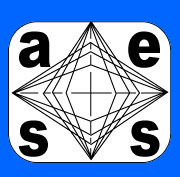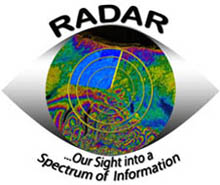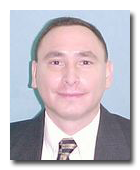  |
2006 IEEE Radar Conference |
|||||||||||||||||||||||||||||||||||
|
April
24 - 27, 2006
|
Turning
Stone Resort and Casino
|
Verona,
NY USA
|
||||||||||||||||||||||||||||||||||
|
||||||||||||||||||||||||||||||||||||
|
|
| Announcements Call for Papers -PDF version Important
Dates Keynote
Speaker About
the Area Logo background image courtesy NASA/JPL-Caltech. |
|
Tutorial
3.3 STAP
Detection Theory Synopsis: Space-Time Adaptive Processing (STAP) is an advanced signal processing methodology for the Ground Moving Target Indication (GMTI) mode of airborne and spaceborne surveillance radar systems. It is used to mitigate motion-induced spread-Doppler clutter that interferes with the echo from ground targets. The course will develop and clearly illustrate the GMTI problem from first principles, showing the need for STAP processing. Traditional STAP processing solutions will be derived from a detection probabilistic perspective - the most pertinent metric for radar. Additionally, the course covers state-of-the-art STAP techniques that address many of the limitations of traditional (ideal) STAP solutions, offering insight into future research trends.
|


